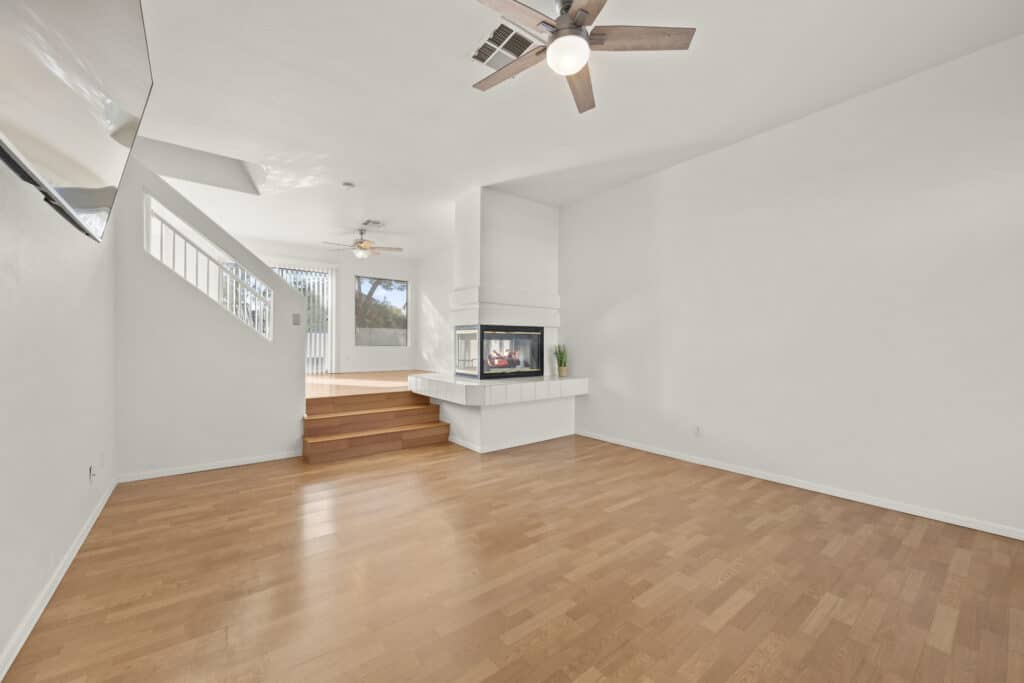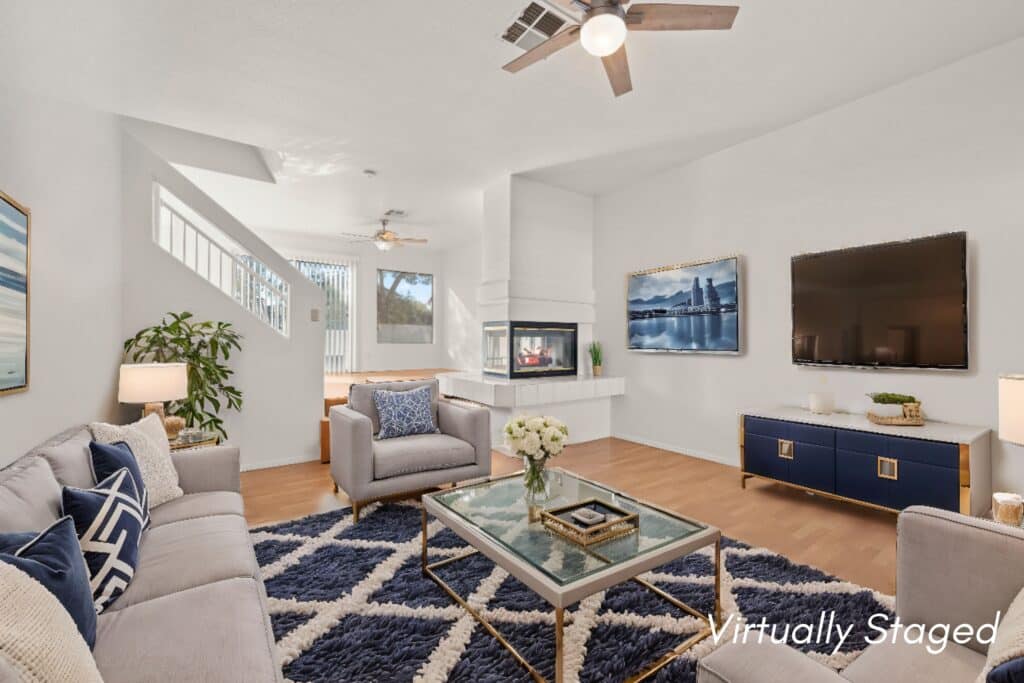In the competitive real estate market, presenting a property in its best light is crucial for attracting potential buyers. Virtual staging is a powerful tool to highlight a property’s potential without the hassle and expense of physical staging. Here’s how you can leverage virtual staging to enhance your listings, boost buyer interest, and optimize your real estate marketing strategy.
What is Virtual Staging?
Virtual staging involves using computer technology to digitally furnish and decorate empty or sparsely furnished homes. This technique allows realtors to showcase a property’s possibilities, helping buyers visualize how the space can be utilized and personalized. Virtual staging can transform bare rooms into beautifully designed spaces, making listings more appealing and memorable.


Benefits of Virtual Staging
Cost-Effective
Traditional staging can be expensive, involving furniture rental, transportation, and labor costs. Virtual staging, on the other hand, is significantly more affordable. By digitally furnishing a property, you can achieve the same visually appealing results without the high costs.
Flexible and Customizable
Virtual staging offers unparalleled flexibility. You can easily change furniture styles, room layouts, and color schemes to match different buyer preferences. This customization helps in appealing to a broader audience and showcasing the property in various styles.
Speed and Convenience
Preparing a property for traditional staging can be time-consuming. Virtual staging allows you to quickly transform a space without the need for physical preparation. This speed and convenience can be especially beneficial for agents looking to list properties quickly.
Enhanced Online Presence
In today’s digital age, most buyers start their property search online. Virtually staged photos are visually appealing and can significantly enhance your online listings, attracting more clicks and keeping potential buyers engaged longer.
Tips for Effective Virtual Staging
Highlight Key Areas
Focus on staging key areas such as the living room, kitchen, primary bedroom, and dining area. These are the spaces that potential buyers are most interested in, and well-staged photos of these rooms can significantly impact their perception of the property.
Keep it Realistic
While virtual staging allows for creativity, it’s important to keep the staging realistic. Avoid over-the-top designs and ensure that the virtual furnishings match the scale and proportions of the actual space. Realistic staging helps buyers better visualize themselves living in the home.
Choose Appropriate Furniture Styles
Select furniture and decor that complement the style and architecture of the property. For modern homes, opt for sleek, contemporary furnishings. For traditional homes, choose classic, timeless pieces. The right style can make the property more relatable to your target audience.
Conclusion
Virtual staging is a powerful and cost-effective tool that can transform your property listings and highlight their potential to buyers. By using high-quality images, choosing appropriate furniture styles, focusing on key areas, and keeping the staging realistic, you can create compelling visuals that enhance your listings.
Ready to elevate your real estate marketing with virtual staging? Contact us today to learn how our professional virtual staging services can help you showcase your properties in the best possible light!
Written by AI. Edited by AVIA Media Group.


